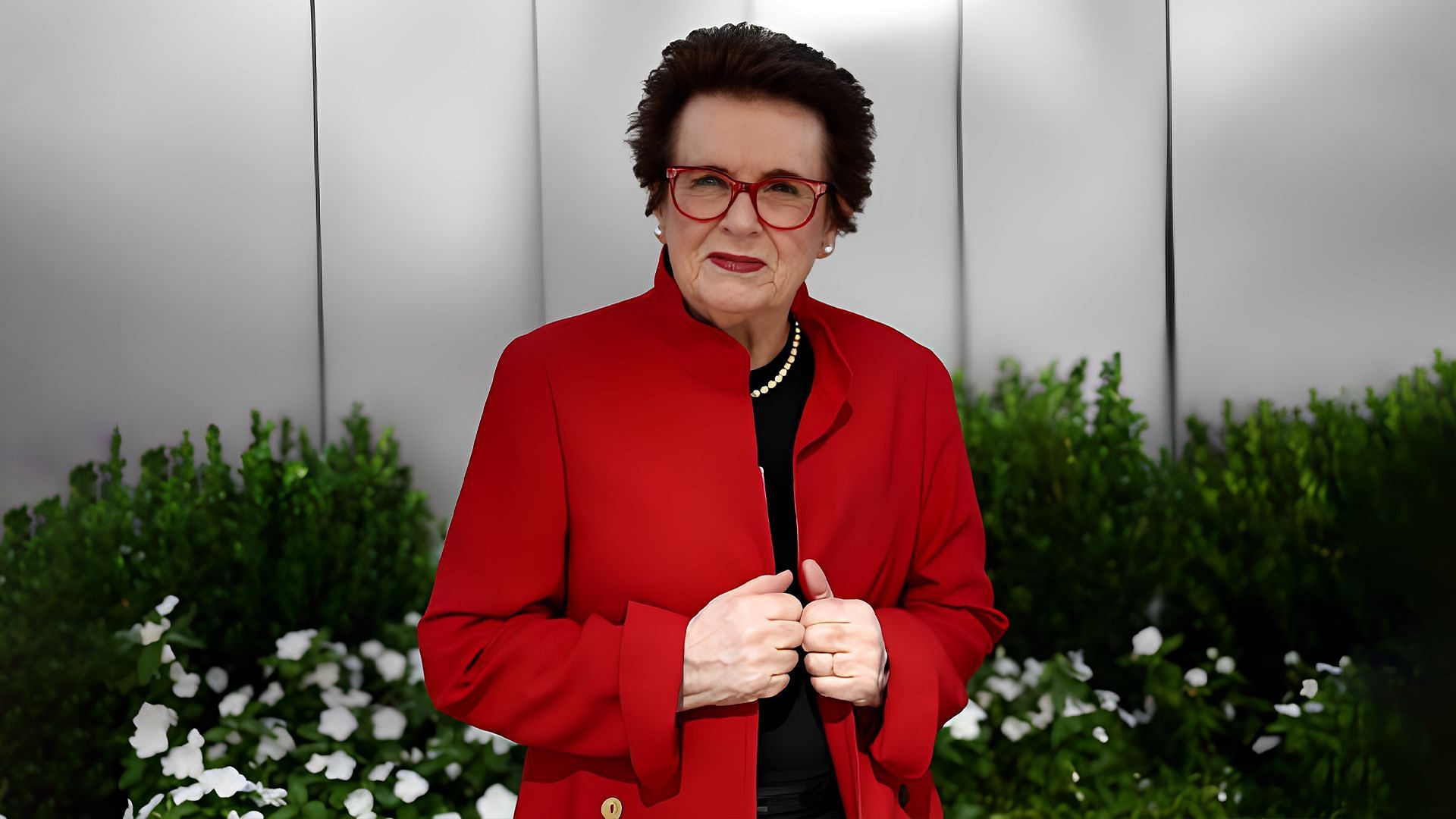
"Inspiring thousands to stand up for equality" - Billie Jean King kicks off Black History Month with a tribute to the Greensboro Four
Billie Jean King has paid a stirring tribute to the Greensboro Four on the first day of Black History Month. The Greensboro Four were instrumental in orchestrating the Greensboro sit-ins, which played a key role in forcing a prominent Southern United States department store chain to remove its racial segregation policy.
The Greensboro Four consisted of African-Americans Franklin McCain, David Richmond, Joseph McNeil, and Ezell Blair Jr. All four were freshman-year students at the North Carolina Agricultural and Technical State University.
Inspired and influenced greatly by Martin Luther King Jr., they set out to force the Greensboro-based department store chain, F. W. Woolworth Company, to change its segregational policies. It all started in 1959 when McNeil was refused a hot dog at the Greensboro Greyhound Lines bus station to the color of his skin.
Determined to draw mainstream attention towards racial segregation, the four kickstarted nonviolent protests. These protests came to be known as the Greensboro sit-ins, and lasted from February to July in 1960. The sit-ins drew nearly 70,000 participants, and over time, they compelled the company to mend its ways as it suffered mammoth financial losses.
Billie Jean King, who has raised her voice repeatedly for equality in the world of tennis and beyond, remembered the Greensboro Four by posting a photo with the caption:
"On this day 64 years ago, 4 Black college students sat at a whites-only lunch counter at Woolworth's in Greensboro, NC, inspiring thousands to stand up and march for equality. Join me in remembering the #GreensboroFour today on the first day of #BlackHistoryMonth"
Billie Jean King's thoughts on social inequality date back to when she was a 12-year-old

In a recent interview with The Cut, Billie Jean King revealed that she began thinking about inequality when she was only 12 years old. At the time, she was participating in a tournament hosted by one of Southern California's most prestigious tennis clubs.
"I started to notice everybody wore white: white clothes, and they played with white balls. And then I thought to myself, 'Everybody who plays is white, too.' I asked myself, 'Where's everybody else?'"
King went on to state in the interview how seeing kids of color restricted from getting education at white schools affected her deeply.
"That really bothered me. So I started thinking about people of color a lot more because of that. I also knew, by the time I was 11 and 12, that I was a second-class citizen, as a girl, by my gender - but also my sisters of color and people living with disabilities."
These feelings motivated King to excel at tennis, as she was convinced that she could 'make this world a better place' if she rose to the top of the game. Eventually, King went on to lead the movement that led to the creation of the Women's Tennis Association (WTA) as part of her efforts to ensure equal pay for both men and women.